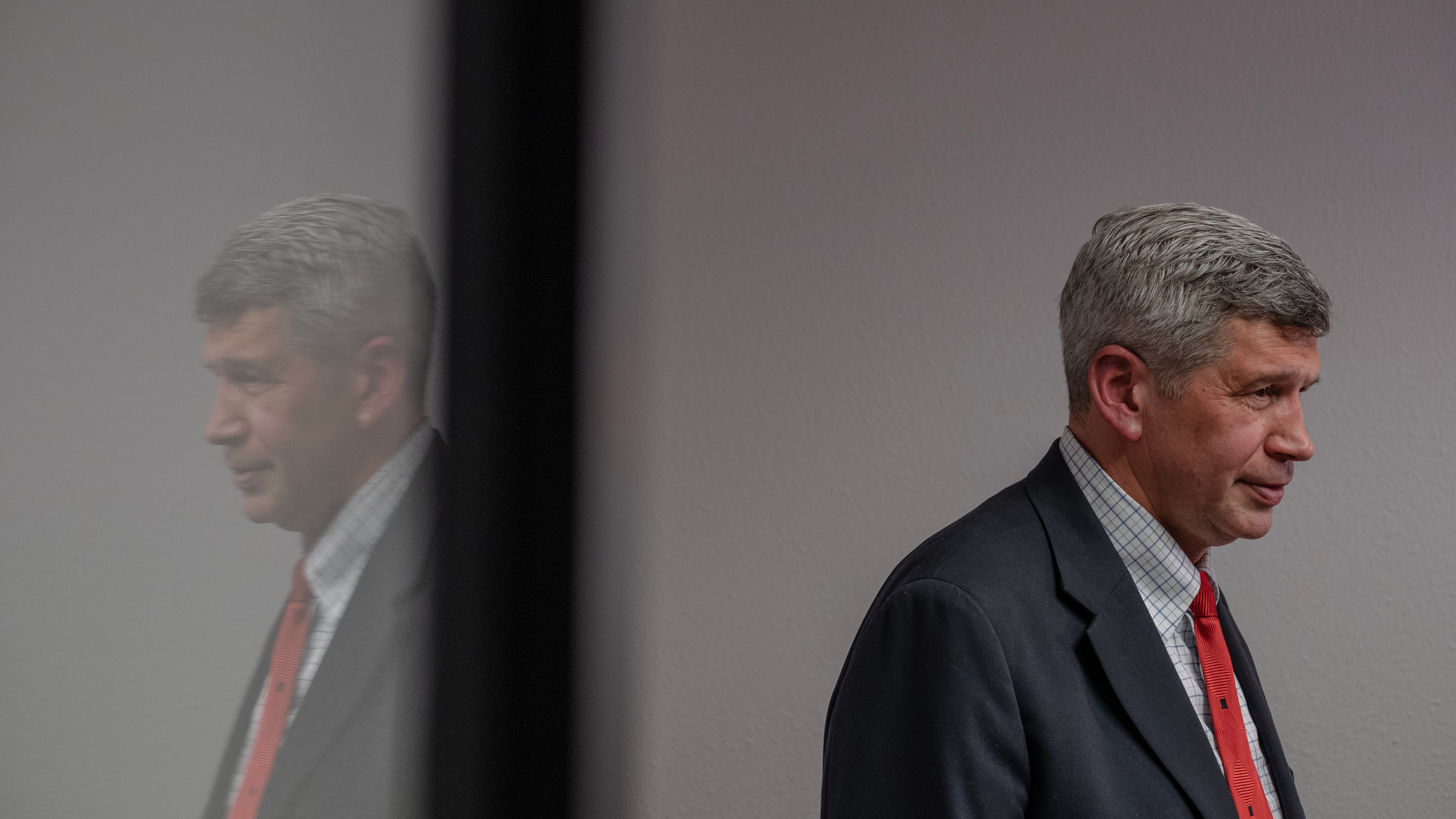Incoming Portland City Commissioner-elect Rene Gonzalez asked donors in a Dec. 20 email to help him pay for a number of expenses incurred in the last four months of his tumultuous campaign, including vandalism at his campaign headquarters downtown and legal bills racked up while challenging hefty city fines for alleged campaign violations.
“The campaign has created tens of thousands of dollars of unforeseen liabilities from the campaign: legal fees in our dispute with the city (in which we were fully vindicated, but at real cost); security added after multiple threats against the campaign; and repairing multiple vandalisms,” Gonzalez wrote to donors. “Supporters have a small window until that date to help on these liabilities.”
It’s not unusual for a political campaign to ask supporters to recoup expenses after a win. What is unusual: asking for help to pay for the campaign’s winning battle against City Hall over an elections complaint.
Shah Smith, campaign manager for Gonzalez, tells WW that nearly all the outstanding costs are for legal fees associated with the campaign’s challenge of a fine the city imposed. And while the campaign hasn’t yet received the bill from the law firm it hired, Smith estimates it will come to around $18,000. Outstanding vandalism repairs, Smith estimates, are around $2,000.
Gonzalez ousted incumbent Commissioner Jo Ann Hardesty, the first Black woman to serve on the Portland City Council, in November after a contentious race filled with bruising attack ads, cease-and-desist letters, and heated debates over policing and homelessness.
In September, the city’s Small Donor Elections Program fined the Gonzalez campaign $77,000 for accepting heavily discounted downtown office space from real estate powerhouse Jordan Schnitzer and not reporting it. Gonzalez appealed the fine and an administrative law judge in October struck down the entire penalty a month later.
Just three days after the judge nixed the fine, the Gonzalez campaign sent a cease-and-desist letter to Hardesty, alleging she had printed libelous and untrue allegations in her campaign mailers. (The Hardesty campaign called the letter a political stunt.)
On several occasions throughout the campaign, windows at the Gonzalez office headquarters were smashed. Gonzalez attributed at least one of the incidents to political vandalism, possibly stemming from Hardesty’s rhetoric.
In the Dec. 20 email, Gonzalez asks his donors for a helping hand in covering the unforeseen costs.
Gonzalez wrote that his donors could contribute up to $500 by midnight on Thursday before the campaign assumes responsibility of the remaining costs. That’s because “the city small donor program is requiring us to personally assume these liabilities if they are not settled by December 23,” Gonzalez wrote.
The small donors election program gives candidates 45 days after the election to collect contributions and pay all of their 2022 campaign invoices.

